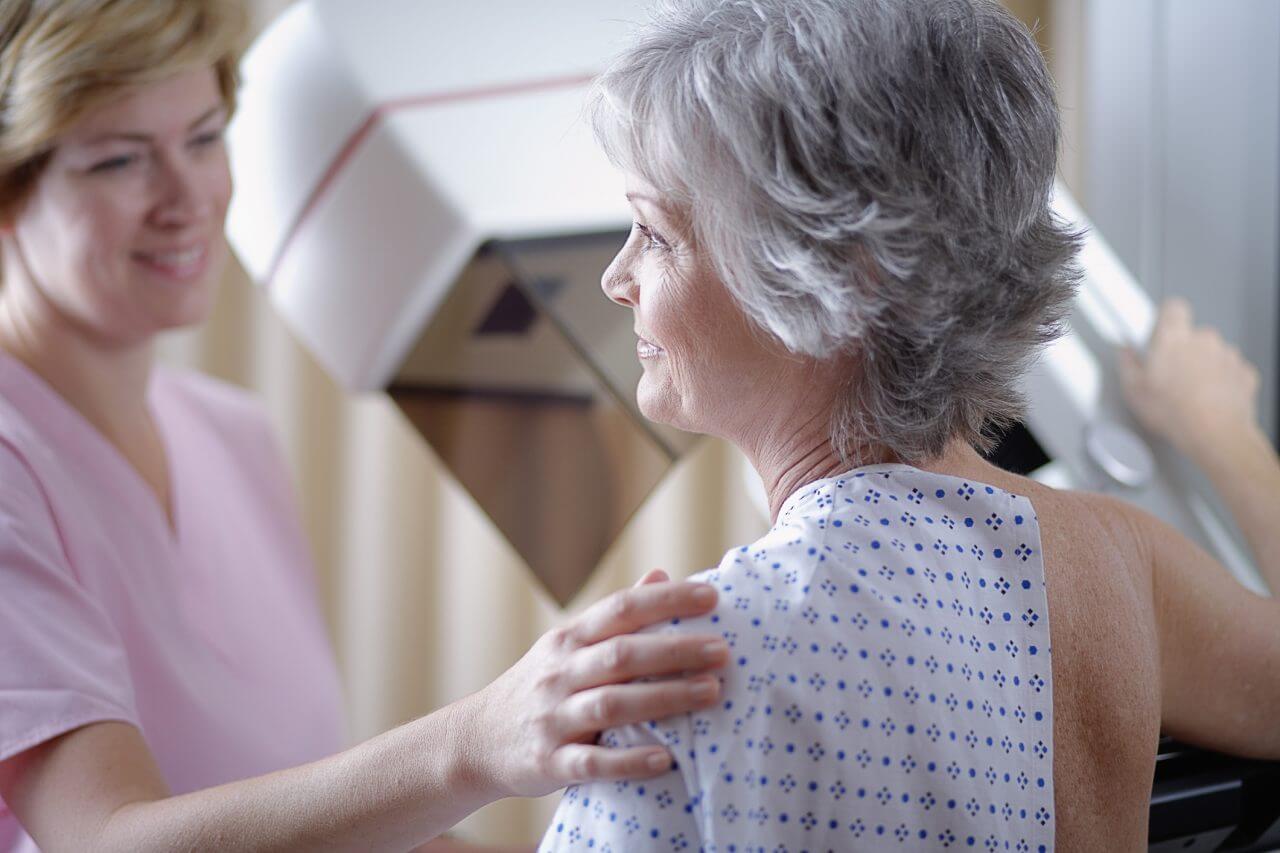Everything You Should Know Before You Schedule Colonoscopy

A colonoscopy is an outpatient medical procedure used to visually inspect the large intestine and the rectum. In the exam, a long, flexible tube with a camera on the end is inserted into the rectum and maneuvered by the doctor to the other end of the large intestine. The colonoscope blows air into the large intestine to expand it and allow the doctor to clearly see its walls as the device is slowly removed. The doctor can take tissue samples or remove small polyps for further examination, if necessary, during the procedure.
A colonoscopy may be performed to determine the cause of symptoms like intestinal or rectal bleeding, or as a colorectal cancer screening to look for polyps or other indications of disease. People should get their first screening colonoscopy when they reach the age of 45, especially if there’s a family history of colon cancer or polyps.
Preparing for a Colonoscopy
In order for the doctor to get a clear view of the walls of your large intestine, you’ll need to take steps to ensure it’s empty and clean. This will typically include:
- Following dietary restrictions the day before your procedure. You won’t be able to eat solid foods, consuming only broth and clear liquids like water, tea, and coffee.
- Taking a laxative the night before the exam. This may be in pill or liquid form and will result in many trips to the bathroom over a period of hours.
- Using an enema kit in some instances. This is only helpful for clearing the lower colon and shouldn’t be considered the primary method of emptying and cleaning the large intestine.
- Modifying your medication regimen. It’s important that your doctor knows about any medications you’re taking so that dosages can be adjusted, or you can discontinue taking them until after the procedure.
What to Expect During a Colonoscopy
Before your procedure begins, you’ll be sedated to minimize your discomfort. You may receive either what is called conscious sedation, in which you’re awake but not fully coherent, or general anesthesia, in which you’re unconscious. In either case, you may not recall the procedure after the sedative wears off.
You’ll be placed on your side on the examination table and the doctor will insert the colonoscope into your rectum. If you’re conscious, you may feel mild cramping when the device is inserted or when your large intestine is inflated. Taking slow, deep breaths can help reduce the cramping sensation.
Recovering from a Colonoscopy
A colonoscopy typically lasts 30-60 minutes and then you’re taken to a recovery room for observation. You’ll stay there for approximately 30 minutes as the sedation wears off. You may feel bloated and will likely need to pass gas. While you’ll be more alert soon after the procedure, you must have someone drive you home and you should not drive or make important decisions for the remainder of the day. You can immediately resume your normal diet.
You may see a small amount of blood with your first few bowel movements after the procedure. This is normal. However, continuing to see blood in your stool, having persistent abdominal pain or developing a fever are reasons to contact your doctor promptly.
Understanding Your Colonoscopy Results
Your doctor will talk to you about the results of your colonoscopy. If any indication of the disease is seen, further tests may be required. If no problems are detected, you may not need another colonoscopy for up to 10 years depending on your health, family history, and other factors.
Baptist Health is known for providing advanced, superior care for patients with cancer and the diagnosis, treatment, and management of colon cancer. In every way, we work to demonstrate the utmost in excellent care to those who trust us with their health. Find a Cancer Care Provider or call the Baptist Health Nurse Call Center team at 1-800-444-0328 for help connecting with a provider who meets your personalized needs.



